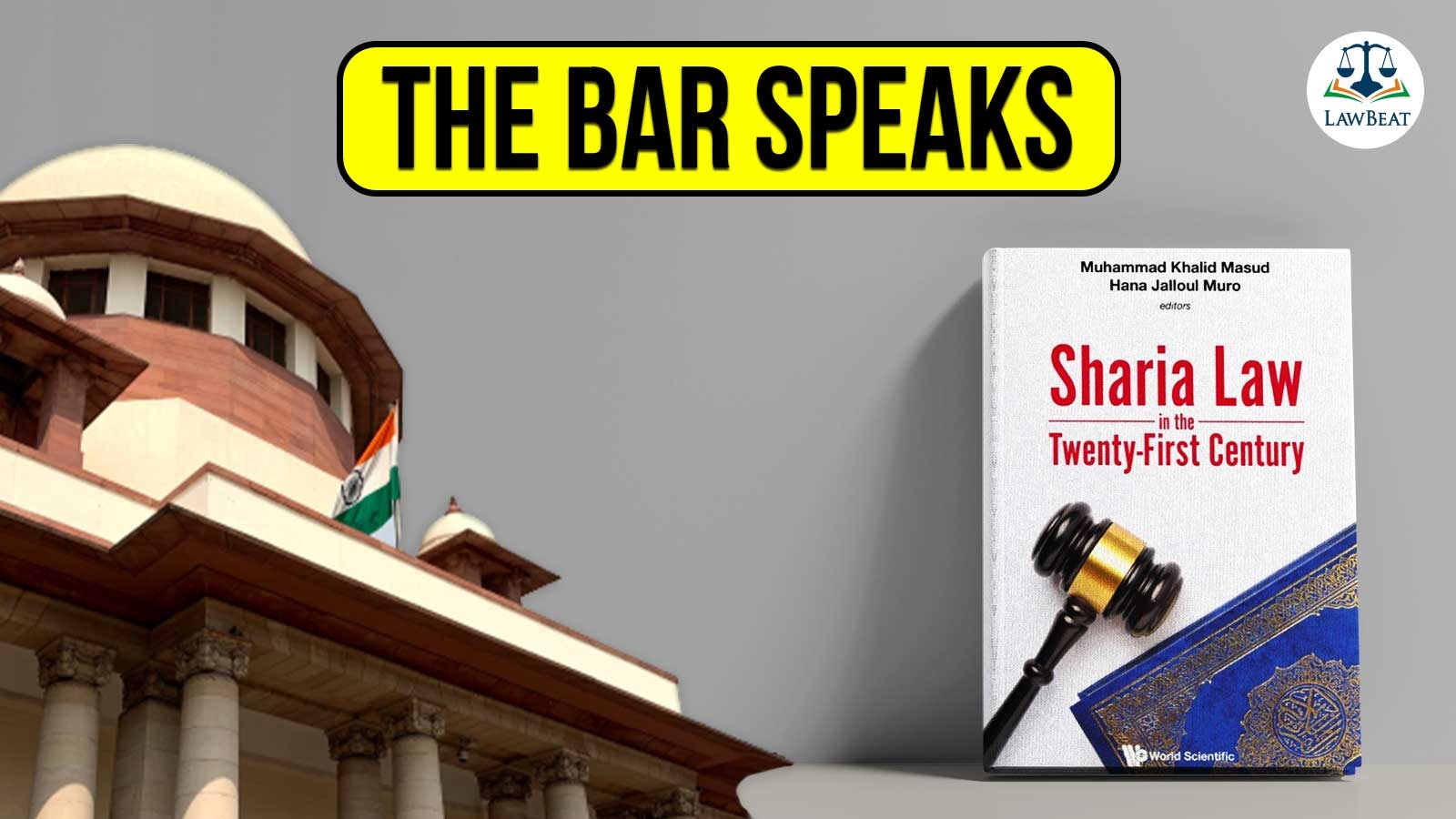Reflections on Supreme Court’s judgment on Muslim women’s maintenance rights

Judgements on personal laws of muslim women such as the Triple Talaq and the Maintenance of muslim women by the Supreme Court could be a missed opportunity for 360 degree muslim women reforms
On July 10, the Supreme Court upheld a divorced Muslim woman’s right to claim maintenance under Section 125 of the Code of Criminal Procedure (CrPC), 1973. The Court affirmed that a parallel remedy under the CrPC can’t be foreclosed by the enactment of the Muslim Women (Protection of Rights on Divorce) Act, 1986. Many lawyers and legal luminaries hailed the judgment, terming it as progressive & ensuring the rights of Muslim women.
The Supreme Court, in the case of Shayara Bano, triple talaq and the most recent judgement, has gone in a way to protect women's rights.
Senior Advocate Dr. Milind Sathe, practising before the Bombay High Court said that the judgement is a proclamation of human rights.
“It's been a long pending judgement after the Shah Bano case. It's a course correction by the Supreme Court.”
After Iddat, divorced Muslim women had to run from pillar to post looking for relatives who would maintain them. That’s unfair to them, Additional Solicitor General, State of Karnataka, Advocate Vikram Huilgol opined that Vikram opined.
All laws are presumed to be secular, so when there’s section 125 of the CrPC, it’s not that the provision is applicable to certain faiths only. So, merely by the fate of there being a 1986 Act, that doesn’t mean that section 125 takes a non-secular colour and will not apply to Muslims. The 1986 Act conferred a parallel benefit to what’s already there in section 125, Huilgol explained.
“At a time when secularism needs to be reinforced in our country, more than ever, these judgements are a welcome change”, he added.
What’s interesting is that several Supreme Court judgements on personal laws, eg, the Sabarimala judgment, saw a profound and detailed discussion on the aspect of constitutional morality, which was amiss in the July 10 judgment. Some scholars took it to social media stating that judgements in the Muslim personal space like maintenance and triple talaq may be a missed opportunity for women's reforms due to a lack of discussions on constitutional morality in them.
In simple terms, constitutional morality means effective coordination between conflicting interests of different people and the administrative cooperation to resolve them amicably without any confrontation amongst the various groups working for the realization of their ends.
On this aspect, Sathe said, “Questions on constitutional morality are raised when there's a thought process that conflicts with the law.”
“There are two things. Article 13 which says law shall not violate fundamental rights regardless of their caste, creed, religion, etc. There has been an issue from 1957 till Sabarimala or Triple Talaq case, that personal laws are beyond the veil of Article 13. That was corrected. (Though Sabarimala case is pending review). Even personal laws should be subject to Article 13. Law reforms like UCC, the moment it is termed as ‘uniform’ in relation to marriage and succession, it raises controversy. In my opinion, this is the proper way, the Supreme Court is going about”.
According to Huilgol, in Sabarimala, there was a specific contention concerning ‘essential religious practise’ which required the Supreme Court to go into Articles 26 and so on. They were required to go into the constitutional morality aspect of it. It wasn’t called for in this case. “Had a constitutional issue been raised, then it would have been required for the Court to look into it”, he added.
Interestingly, a recent development in the case is that the All India Muslim Personal Law Board (AIMPLB) asserted that the Supreme Court verdict on maintenance to Muslim women was against Islamic law and had authorised its president to explore all possible measures to ensure that this decision is overturned.
According to Sathe, this is because the Board thinks that the judgement is contrary to Sharia law. There are no universal views or opinions on what Sharia law is. They (the Board) are campaigning, saying that this is contrary to the Sharia law, according to their perception.
Huilgol also expressed his views on similar lines.
“When we talk about the secular nature of this country, we need to include the minorities. At the same time, we need to ensure that the fringe elements, with extremist thought processes of those minorities, are not dictating what the majority would want. The actual question in such cases would be - Who these things are actually out to protect?”
